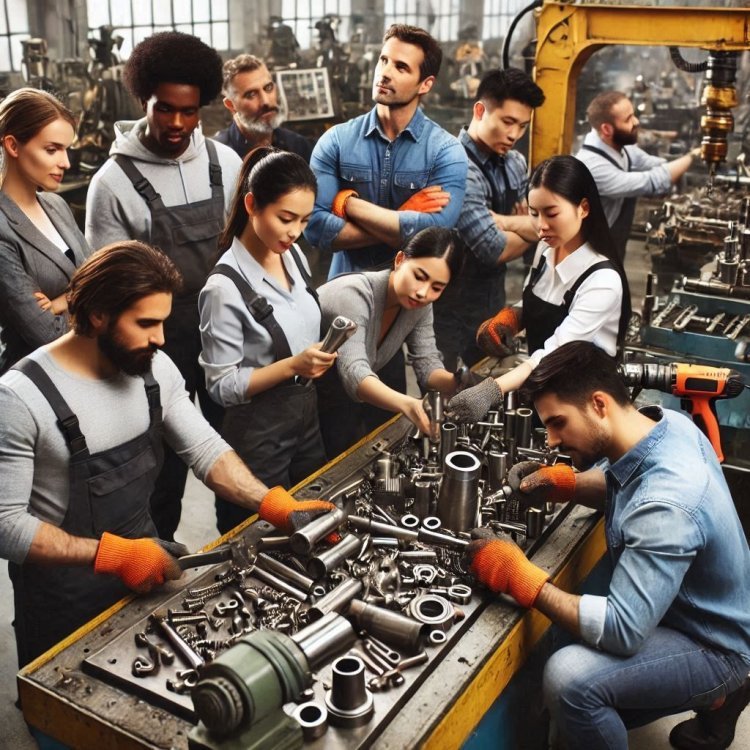In what ways forging companies are the future for the automobile and aerospace sectors?
Discover how forging companies are driving innovation and shaping the future of the automobile and aerospace sectors.

Forging companies decide the future prospects of the automobile and aerospace sector as they produce high-performance and durable components, which are essentially required to advance the technology. Forged parts, such as crankshafts and connecting rods in the automobile industry and gears, give strength with wear resistance crucial for efficiency increase, long vehicle life, and safety. In the aerospace industry, forged parts include turbine blades, engine parts, and the landing gear, which are vital to withstand extreme conditions; and aircraft safety and reliability rely on these. In seeking a focus on efficiency, performance, and sustainability, forging companies are turning to innovative techniques, such as precision forging and advanced materials, to help them produce components in compliance with stricter regulatory standards toward the development of electric vehicles and next-generation aircraft. These companies enable the automotive and aerospace industries to journey through an era of high-pace innovation and greater performance demands with the unrelenting progress of forging technologies.
The study of the forging process for manufactured parts
The forging process of manufactured parts is just the deformation process in which compressive forces are used to increase the strength, durability, and reliability of the metal. The process begins by picking raw materials, like metal billets or ingots, that are heated up to a temperature at which they become malleable. Forging can be done at several temperatures based on the application and divided into hot, warm, or cold forging. Heat is applied, placing the metal in the dies; it is pounded with heavy pressure that develops from hammers, presses, or hydraulics to give them shape. Thus, it aligns the grain structure, therefore bringing about improved mechanical properties within such metal parts. Once shape is obtained by forging, parts are frequently further processed with some secondary operations called machining, heat treating, and surface finishing in preparation for use: for achieving dimensional, strength, and surface accuracies. The outcome is that it is a product which can withstand high stresses and extreme conditions, and such products, therefore, offer for critical applications within many industries such as automobiles, aeronautics, and heavy machinery.
How to find reliable and trustworthy forging companies in India?
Reliable and trustworthy Forging companies India may be found after proper and exhaustive research and analysis by the assessment of many parameters. First, get a general outlook about the reputation of the company in its industry based on customer testimonies, case studies, and reviews. Checking for such crucial certifications as ISO 9001 will be essential to ensure they are concerned about quality management and manufacturing standards. Also analyse the years of experience in the specific industry one is requiring, say automotive, aerospace, or heavy machinery industries, and ensure they meet your high requirements. The prospects can physically visit the company's manufacturing facility to gauge its capabilities and technology, while also its adherence to proper safety and quality standards. A good forging company will offer support towards the customers, communicate plainer, and deliver all its products on time. Then there is a comparison of multiple suppliers; one can compare on pricing, product quality, and after-sales service for an informative decision.









